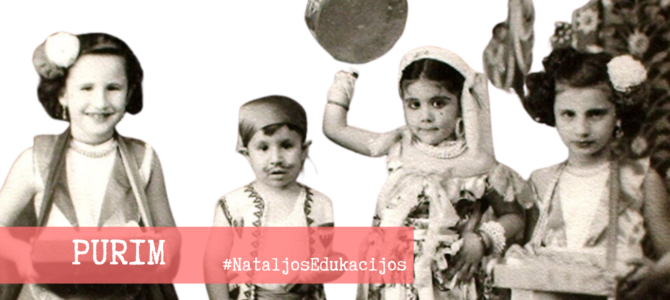ELTA, July 8, 2021
A general meeting of the members of the Lithuanian Jewish Community held Wednesday voted for a third time to elect Faina Kukliansky the chairwoman of the organization. Twenty-six members of the LJC’s executive board were elected at the same time.
The chairperson of the Community is elected for a four-year term by a majority of the regional Jewish communities and associate members constituting the LJC. Of the 32 organizations under the LJC umbrella, 31 representatives took part in Wednesday’s ballot. Kukliansky received 30 votes out of the possible 31, according to a press release from the LJC.
Kukliansky said her most important task as chairwoman is to inspire unity among the different Jewish communities in Lithuania. She said the LJC’s other priorities haven’t changed, but life is changing: the generation which experienced the horrors of World War II is growing old and dying, and so caring for them is becoming even more crucial.
“We are continuing to strengthen the activity of our social center, taking care of those requiring support, employing people with disabilities and engaging them in Community activities. Another important priority is preservation and putting to use the surviving Jewish cultural heritage: we have wonderful examples of restored synagogues being used as cultural activity centers,” Faina Kukliansky said.



















